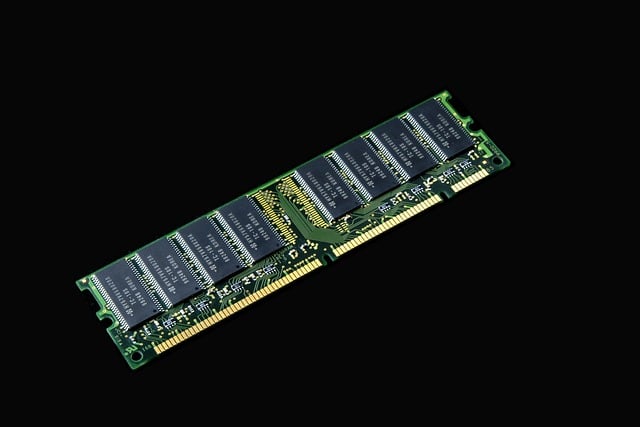Section 1: Introduction to AI Technology and its Evolution
The development of Artificial Intelligence (AI) technology has been one of the most significant advancements in human history. From its humble beginnings in the 1950s, AI has evolved into a powerful force that is revolutionizing industries and transforming society. With its ability to learn, reason, and make decisions, AI technology has the potential to change the way we live, work, and interact with each other.
The concept of AI was first introduced by computer scientist John McCarthy in 1956, who defined it as “the science and engineering of making intelligent machines.” Since then, AI has gone through several phases of development, from rule-based systems in the 1960s to machine learning in the 1990s and deep learning in the 2010s. Today, AI is being used in a wide range of applications, from self-driving cars and virtual assistants to medical diagnosis and fraud detection.
Section 2: The Impact of AI on Industries
The impact of AI on industries has been nothing short of revolutionary. In the past, automation was limited to repetitive and manual tasks, but with the advancements in AI technology, machines can now perform complex and cognitive tasks. This has led to increased efficiency, productivity, and cost savings for businesses across various sectors.
One of the industries that have been greatly impacted by AI is healthcare. With the help of AI-powered systems, doctors can now accurately diagnose diseases and develop personalized treatment plans for patients. AI algorithms can analyze vast amounts of medical data, identify patterns, and make predictions, enabling early detection of diseases and improved patient outcomes.
Another industry that has been transformed by AI is finance. AI-powered systems can analyze financial data in real-time, identify market trends, and make investment decisions. This has led to more accurate and profitable investments, as well as reduced risks and fraud in the financial sector. Additionally, AI-powered chatbots are now being used by banks and financial institutions to provide customer service, reducing the need for human customer support.
Section 3: The Societal Impact of AI Technology
While the impact of AI on industries is significant, its effects on society as a whole cannot be ignored. The widespread adoption of AI technology has raised concerns about its potential to replace human jobs. However, experts argue that AI will not completely replace human workers, but rather change the nature of work. As machines take over repetitive and manual tasks, humans can focus on more creative and strategic roles.
Moreover, AI technology has the potential to bridge the gap between the privileged and underprivileged. With the help of AI-powered systems, education can be made more accessible and personalized, allowing individuals from all backgrounds to gain knowledge and skills. Additionally, AI-powered tools can assist in language translation, making communication easier for people from different cultures and languages.
However, the societal impact of AI technology also raises ethical concerns. As machines become more advanced and autonomous, questions arise about their decision-making capabilities and potential biases. It is crucial for AI developers to address these concerns and ensure that their systems are fair and unbiased.
Conclusion
In conclusion, AI technology is revolutionizing industries and transforming society in ways we could have never imagined. With its ability to analyze vast amounts of data, make predictions, and perform complex tasks, AI has become an indispensable tool for businesses across various sectors. However, as AI continues to evolve and integrate into our daily lives, it is important to address its potential societal impacts and ensure that it is used ethically and responsibly. As we move towards a more AI-driven future, it is essential to embrace this technology and harness its potential for the betterment of society.

